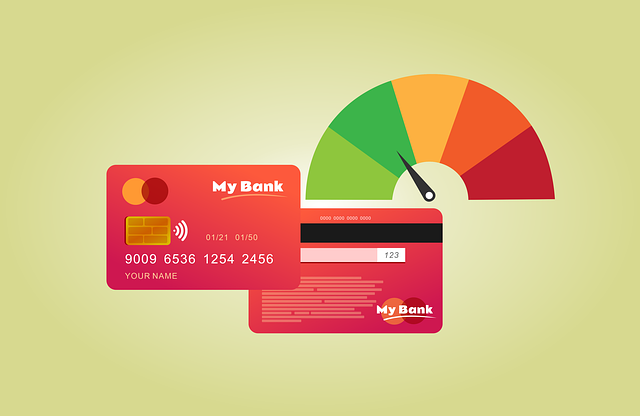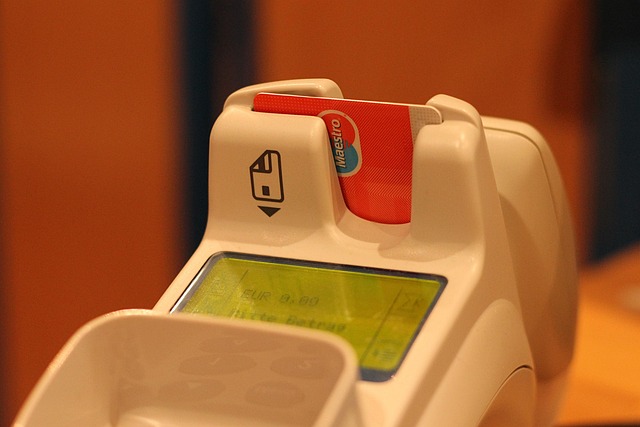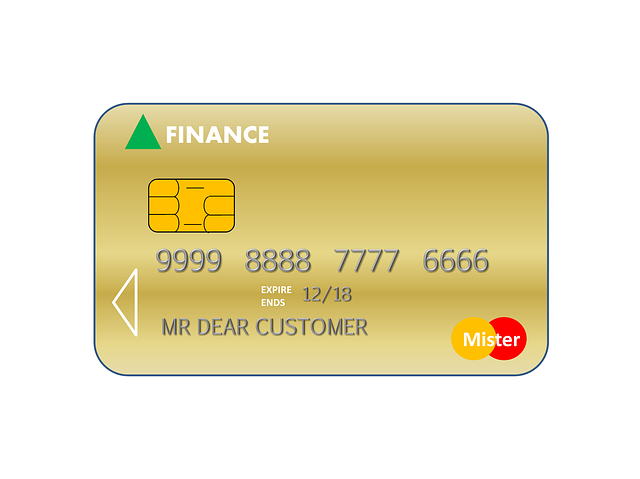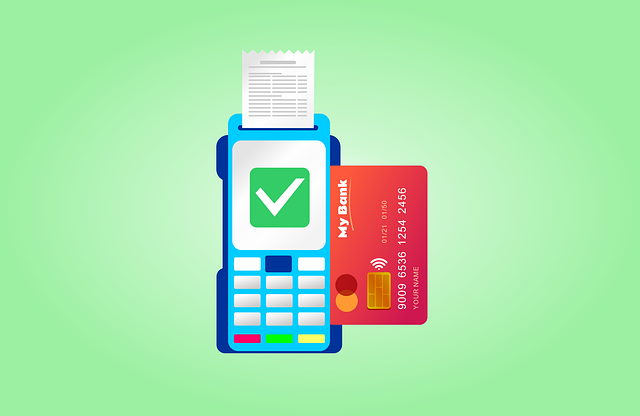Your credit report is vital for real estate transactions as it impacts loan eligibility and terms. Regularly review for errors like incorrect details or payment inaccuracies that can hurt your credit score. Correcting these mistakes early ensures a smoother journey in the competitive real estate market by maintaining financial health. This guide teaches you to check and dispute errors with Equifax, Experian, and TransUnion using free annual reports and supporting documentation.
“Uncover the hidden power of your credit report in shaping your future in real estate. This comprehensive guide equips you with the knowledge to navigate and correct errors that may be hindering your financial journey. Learn how common mistakes, such as inaccurate accounts or outdated information, can impact your ability to secure mortgages and obtain favorable loan terms. By understanding these errors and following a step-by-step process for correction, you take a crucial step towards achieving your real estate aspirations.”
Understand Your Credit Report's Impact on Real Estate

Your credit report plays a pivotal role in various aspects of your financial life, including real estate. Lenders often consider this document as a snapshot of your financial health when approving loans for homes or properties. A single error can lead to denial or higher interest rates, impacting your ability to secure a mortgage. Thus, understanding and regularly reviewing your credit report is essential to ensure accuracy and mitigate potential issues that might hinder your real estate plans.
Errors on your credit report are not uncommon, but they can have significant consequences. These mistakes may include incorrect account information, inaccuracies in payment history, or even accounts listed as delinquent when they are not. Regularly checking your credit report allows you to identify such errors early on, enabling you to dispute them with the credit bureaus promptly. By keeping your credit report error-free, you enhance your chances of receiving favorable loan terms and smooth sailing in the real estate process.
Spotting Common Errors on Your Credit Report

When reviewing your credit report, especially before applying for a mortgage or any significant Real Estate transaction, it’s crucial to be vigilant about potential errors. Common mistakes include inaccuracies in personal information, account details, and payment histories. These errors can negatively impact your credit score, making it essential to address them promptly. For instance, double-check that your name, address, and social security number are correctly recorded and match the information financial institutions have on file.
Additionally, review each of your accounts listed on the report, verifying the account numbers, creditors’ names, and dates of opening and closure. Check for any discrepancies in balances or payment statuses. While it might seem like a tedious process, catching these errors early can save you from delays or denials when seeking financial opportunities, particularly in the competitive real estate market.
Correcting Credit Report Errors: Step-by-Step Guide

Correcting Credit Report Errors: A Step-by-Step Guide
1. Obtain Your Credit Reports: Start by requesting a free copy of your credit reports from each of the three major credit bureaus (Equifax, Experian, and TransUnion). You can do this annually through AnnualCreditReport.com.
2. Review Your Reports Thoroughly: Double-check for any discrepancies, errors, or signs of identity theft. Look for outdated information like old addresses, closed accounts, or loans you didn’t open. Realize that even small mistakes can significantly impact your credit score.
3. Identify and Dispute Errors: Once you’ve found inaccuracies, make a list of them. Then, use the dispute process outlined by each credit bureau. Typically, this involves submitting a dispute form online or via mail, providing supporting documentation, and explaining why the information is incorrect.
4. Follow Up: After submitting your disputes, keep track of their status. The credit bureaus have 30 days to investigate each dispute. They’ll either verify the accuracy of the information or correct any errors they find.
5. Monitor Your Credit Reports: Even after correcting errors, continue monitoring your credit reports periodically to ensure future accuracy. Regular checks can help you catch potential issues early on.






